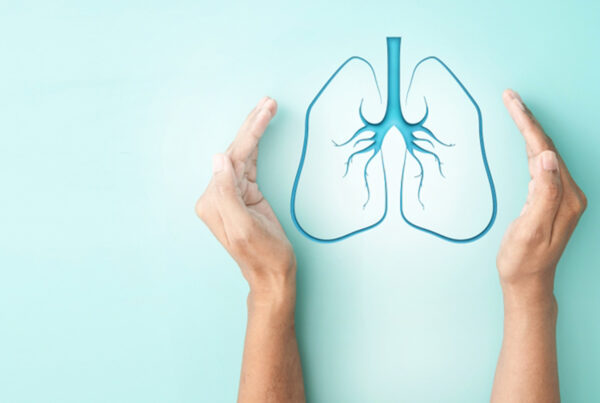Lack of protein in the diet can have a significant negative impact on the body, as proteins are essential for many critical functions. Proteins are made up of amino acids, which are the building blocks of the body. They are involved in muscle repair, immune function, enzyme and hormone production, and much more. Here are some of the major effects of protein deficiency on the body:
1. Muscle Weakness and Loss:
- Protein is vital for muscle repair and growth. When you don’t get enough protein, the body starts to break down muscle tissue to meet its amino acid needs, which can result in muscle weakness, loss of muscle mass, and reduced physical strength.
- This can make it harder to perform everyday tasks and may result in fatigue or exhaustion due to the lack of energy from muscles.
2. Weakened Immune System:
- Proteins are essential for the production of antibodies, which are crucial for the immune system. When you don’t get enough protein, your body’s ability to fight infections is compromised.
- This means you may become more susceptible to illnesses, infections, and delays in recovery from illness or surgery.
3. Edema (Swelling):
- Low protein levels can cause fluid retention in tissues, leading to edema (swelling), especially in the legs, feet, and abdomen. This happens because protein helps maintain the balance of fluids in the blood vessels, and insufficient protein can cause fluid to leak into surrounding tissues.
- This condition is particularly common in kwashiorkor, a severe form of protein deficiency often seen in children in regions with food insecurity.
4. Hair, Skin, and Nail Problems:
- Protein is essential for the growth and repair of cells, including those that make up hair, skin, and nails.
- Protein deficiency can result in brittle hair, hair loss, and dry or flaky skin. Nails may become weak, brittle, and prone to breaking.
5. Slow Wound Healing:
- Collagen, a protein found in connective tissues, plays a key role in the healing process. A lack of protein can slow down the body’s ability to repair tissues and heal wounds.
- This can result in slower recovery after injuries or surgeries, as the body struggles to repair itself without enough protein.
6. Hormonal Imbalance:
- Proteins are necessary for the production of various hormones that regulate key functions in the body, such as metabolism, growth, and reproduction.
- Protein deficiency can lead to disruptions in hormone production, which can affect everything from appetite (hunger hormones) to reproductive health (disruption in menstrual cycles) and thyroid function.
7. Mood Swings and Mental Health Issues:
- Proteins are involved in the production of neurotransmitters, such as serotonin and dopamine, which regulate mood, emotion, and cognitive function.
- A lack of protein can lead to irritability, depression, anxiety, and difficulty concentrating due to a disruption in these brain chemicals.
- Chronic protein deficiency can also lead to brain fog and impaired mental performance.
8. Fatigue and Low Energy:
- Protein plays a key role in energy production. If you’re not consuming enough protein, the body may not have enough fuel for normal functioning, leading to feelings of fatigue and low energy.
- The body may turn to fat and carbohydrate stores for energy, but without sufficient protein, this process is less efficient.
9. Compromised Growth in Children:
- Protein is essential for growth and development, particularly in children. Protein deficiency in children can result in stunted growth, delayed development, and poor weight gain.
- It can also affect cognitive development and learning abilities, leading to long-term developmental issues.
10. Impaired Digestive Health:
- Proteins help in the production of enzymes that are needed for digestion. A deficiency can impair digestion, leading to issues like constipation and bloating.
- Proteins are also necessary for maintaining a healthy gut lining, and low protein levels can contribute to digestive disorders and poor nutrient absorption.
11. Increased Risk of Bone Fractures:
- Protein is essential for maintaining strong bones, as it helps with the production of collagen and other components in bone tissue.
- A lack of protein can result in weakened bones, increasing the risk of fractures and osteoporosis.
Protein is essential for nearly every bodily function. A deficiency can have wide-ranging effects, from weakened muscles and immune systems to poor skin health and slower wound healing. Chronic protein deficiency can lead to severe health problems, including growth issues in children, cognitive impairments, and long-term physical health consequences. Ensuring an adequate intake of protein from a balanced diet is crucial for maintaining overall health and well-being.




